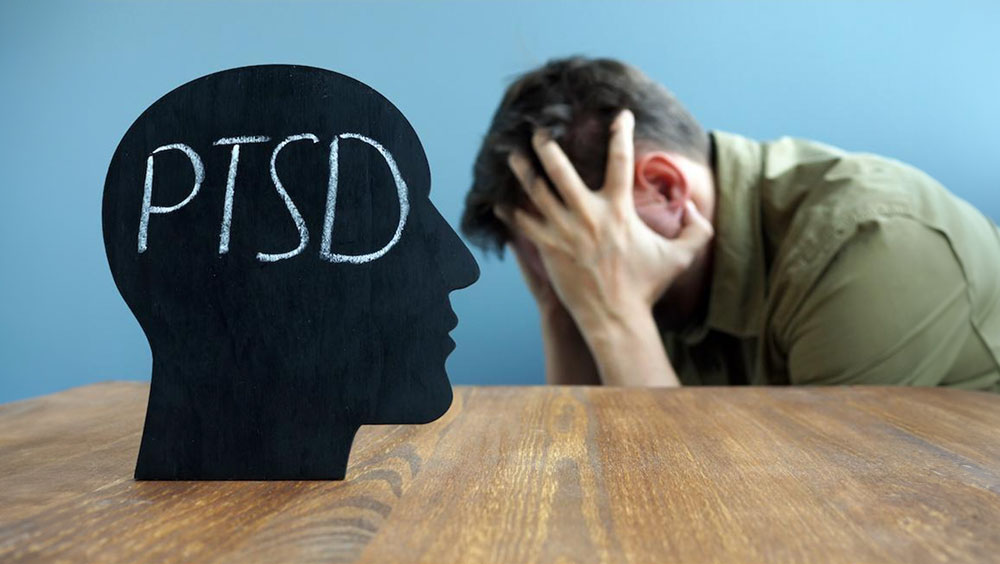PTSD psychosis is a complex mental health condition characterized by the co-occurrence of post-traumatic stress disorder (PTSD) and symptoms of psychosis. While PTSD is typically associated with flashbacks, nightmares, and emotional triggers, some individuals can also experience delusions, hallucinations, and disorganized thinking. Understanding PTSD psychosis is critical for accurate diagnosis and effective treatment. In this article, we delve into what PTSD psychosis is, its causes, symptoms, and available therapies.
Understanding PTSD and Its Effects
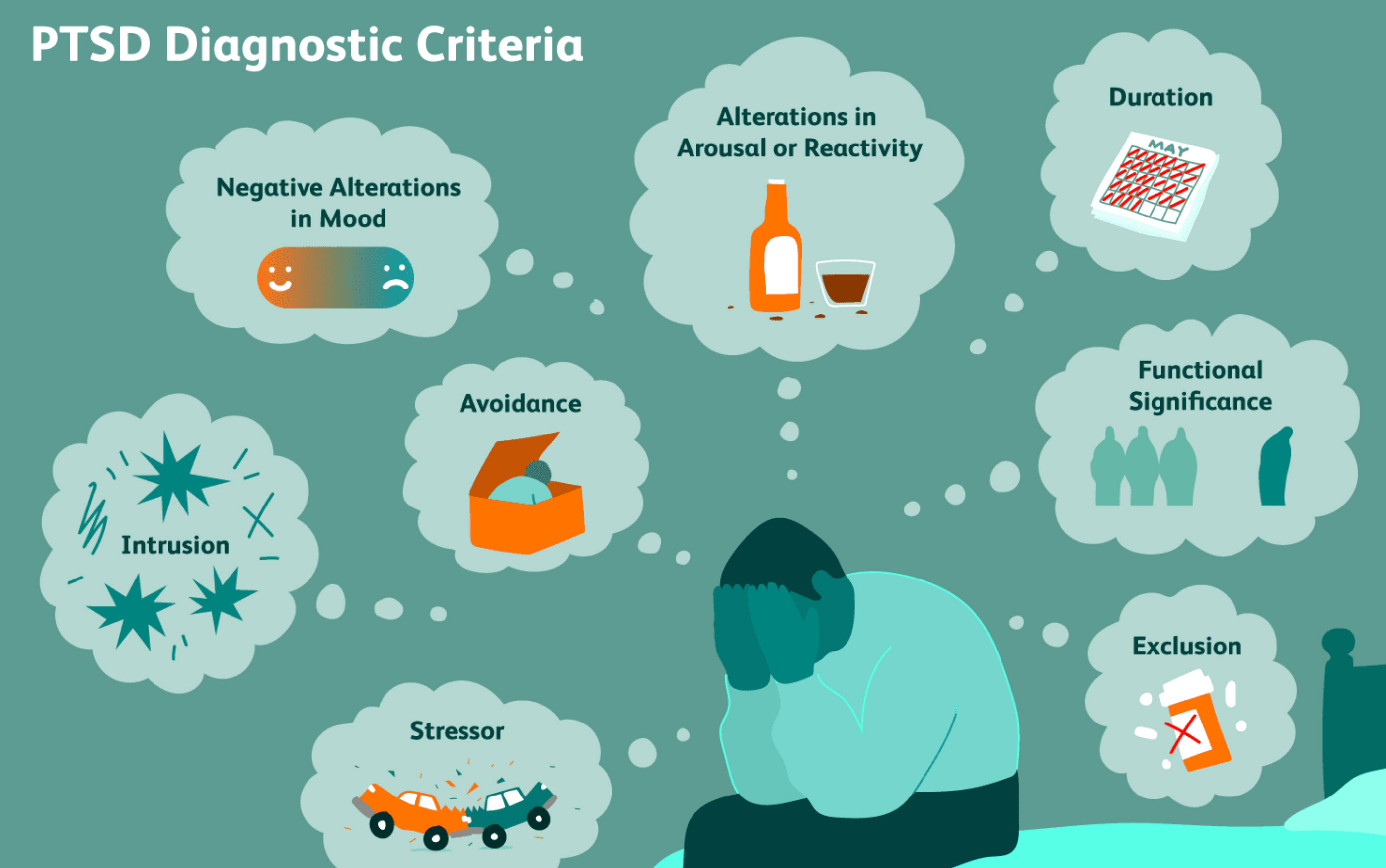
Post-traumatic stress disorder (PTSD) is a mental health condition triggered by experiencing or witnessing a traumatic event. Common symptoms include flashbacks, nightmares, severe anxiety, and emotional distress. While PTSD alone does not typically cause psychosis, the severity of trauma and other underlying factors can occasionally lead to psychotic symptoms. PTSD psychosis refers to this rare but serious overlap.
Defining PTSD Psychosis

PTSD psychosis refers to cases in which an individual with PTSD experiences symptoms traditionally associated with psychotic disorders such as schizophrenia. These symptoms may include hallucinations (seeing or hearing things that aren't there), delusions (false beliefs), and paranoid thinking. The presence of these symptoms alongside typical PTSD behaviors requires careful clinical evaluation to distinguish PTSD psychosis from other mental illnesses.
Causes and Risk Factors of PTSD Psychosis

The exact causes of PTSD psychosis are not fully understood, but they are believed to involve a combination of psychological trauma, genetic vulnerability, and environmental stressors. Individuals with a history of childhood abuse, substance abuse, or a family history of mental illness may be at greater risk. Severe and prolonged trauma can alter brain chemistry, potentially leading to both PTSD and psychotic symptoms.
Recognizing Symptoms of PTSD Psychosis
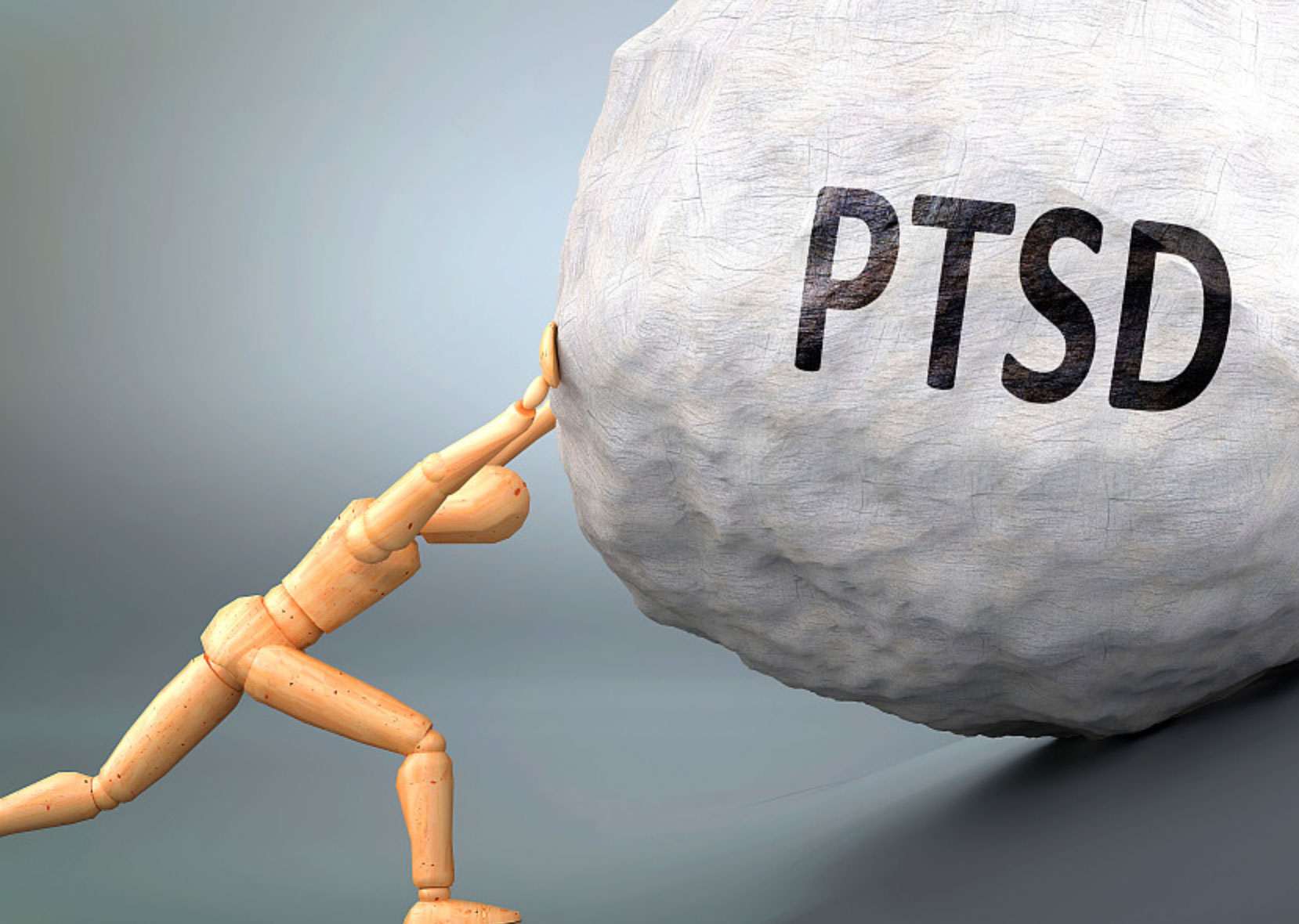
Aside from the core PTSD symptoms, PTSD psychosis may present with auditory or visual hallucinations, delusional thinking, disorganized speech, and erratic behavior. These symptoms can be distressing and may worsen under stress or lack of sleep. Identifying PTSD psychosis early is essential, as untreated psychotic symptoms can significantly impair a person's ability to function.
How PTSD Psychosis Is Diagnosed

Diagnosing PTSD psychosis requires a thorough psychiatric evaluation by a mental health professional. Clinicians will assess the patient's history of trauma, current symptoms, and mental health background. They may use screening tools and conduct interviews to evaluate the presence of psychotic features. Since PTSD psychosis shares symptoms with schizophrenia and bipolar disorder, differential diagnosis is crucial.
Treatment Options for PTSD Psychosis
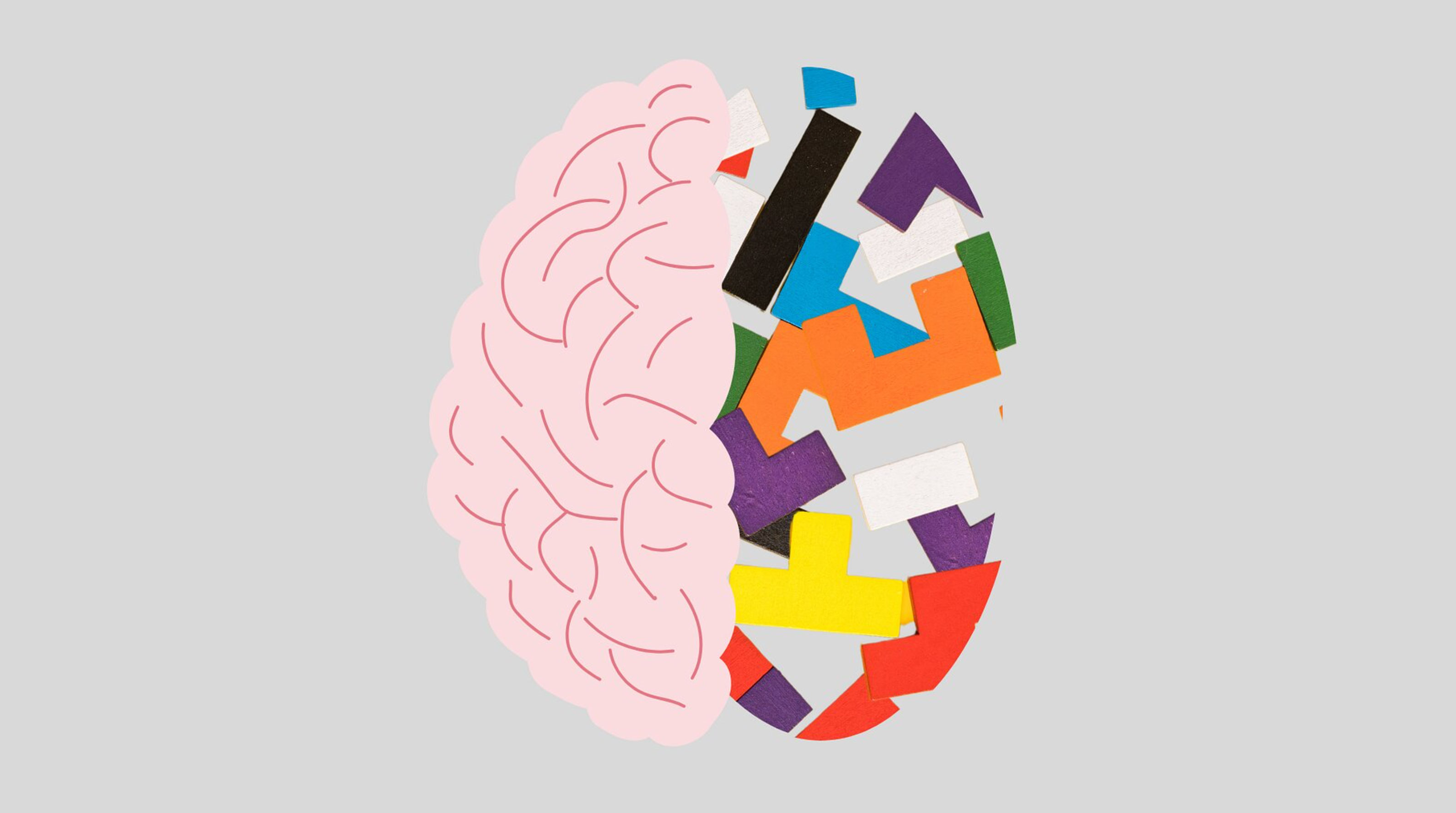
Treatment for PTSD psychosis often involves a combination of medication and therapy. Antipsychotic medications may be used alongside antidepressants to stabilize mood and reduce hallucinations or delusions. Psychotherapeutic approaches such as Cognitive Behavioral Therapy (CBT) and trauma-focused therapy are effective in addressing underlying PTSD symptoms. In severe cases, multidisciplinary care with psychiatrists, psychologists, and social workers may be necessary.
Living with PTSD Psychosis

Living with PTSD psychosis can be challenging, but manageable with the right support. Patients benefit greatly from strong social networks, ongoing mental health care, and lifestyle adjustments such as stress reduction, regular sleep, and avoiding substance use. Education and awareness also play a role in reducing stigma and encouraging individuals to seek help without fear of judgment.
Preventing PTSD Psychosis
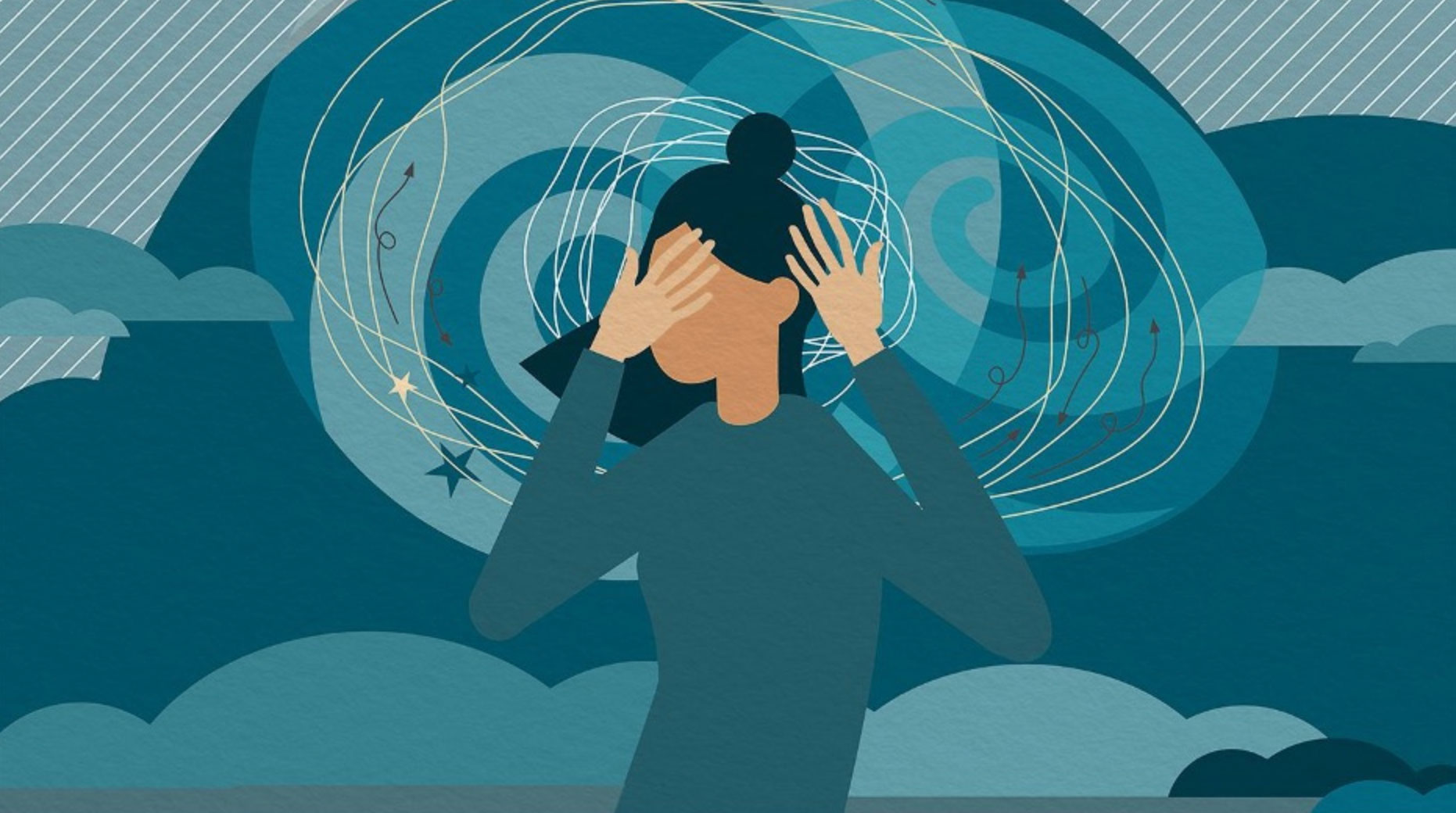
While it may not be possible to fully prevent PTSD psychosis, early intervention after trauma can significantly reduce the risks. Individuals exposed to traumatic events should seek professional support promptly to cope with emotional distress. Public awareness campaigns and mental health education can help foster resilience and promote timely treatment, which is essential in preventing the development of severe complications like psychosis.
PTSD psychosis is a rare but serious condition that bridges the symptoms of PTSD and psychotic disorders. Accurate diagnosis and targeted treatment are essential for managing this mental health challenge. With appropriate care, individuals affected can improve their mental well-being and lead fulfilling lives. Continued research, awareness, and early intervention remain key to supporting those experiencing PTSD psychosis.

